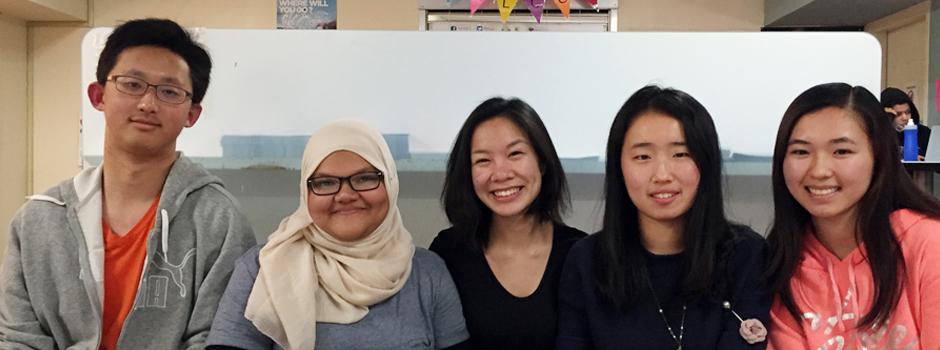A group of NYU Shanghai students presented the results of their collaborative research on eliminating harmful methanol from “fake alcohol” at the 14th annual International Genetically Engineered Machine Competition (iGEM) Jamboree, held from November 9-13 in Boston.
NYU Shanghai’s iGEM Team, led by Agnes Santiano ‘19, included Amy Lam ‘19, Liang Zhongling ‘19, Zhao Ziyu ‘19, Safia Kariapper ‘19, Siruz Mrazik ‘20, Song Yilun ‘20 and Honey Lera ‘19. Alarmed by a freshman orientation lecture warning against the dangers of consuming “fake alcohol”, the team organized their research project around a series of bio-chemical experiments in an attempt to find solutions to removing the poisonous substance from tainted liquor.
According to Lam, the project first identified methanol, the most common substitute of ethanol in “fake alcohol,” then isolated a pathway from a methanobacterium to convert the methanol into methane, a compound that does not cause direct harm to human health.
“We hope to not only spread awareness of the prevalent fake alcohol production in China, but also offer a possible solution to the problem through synthetic biology,” Lam said.

The project, named “Methyltransferase-1-mediated Consumption of Fake Methanol”, has landed the team a bronze medal in this year’s iGEM Jamboree. Beginning from 2003, iGEM has grown from an independent study course at MIT to an international competition for students interested in the field of synthetic biology, attracting over 30,000 multidisciplinary participants from over 40 countries this year.
Li Wenshu, Assistant Professor of Practice of Biology, has provided academic guidance to students throughout almost a whole year of preparation. Jungseog Kang, Assistant Professor of Biology, also joined the mentoring team to attend the iGEM Jamboree.
“An undergraduate research program like iGEM is a best practice for students to bring in-class knowledge into application, and learn about general research practices, scientific rigor, balance between independence and collaboration, and to execute critical thinking during the process of investigation and community outreach,” Prof. Li said.
Lam said their project is likely to be adopted by testing institutions in identifying alcohol quality. “But most importantly we want to remind our peers of the hazards of ‘fake alcohol,’ and also encourage people to keep away from alcohol for a healthier lifestyle,” she added.



